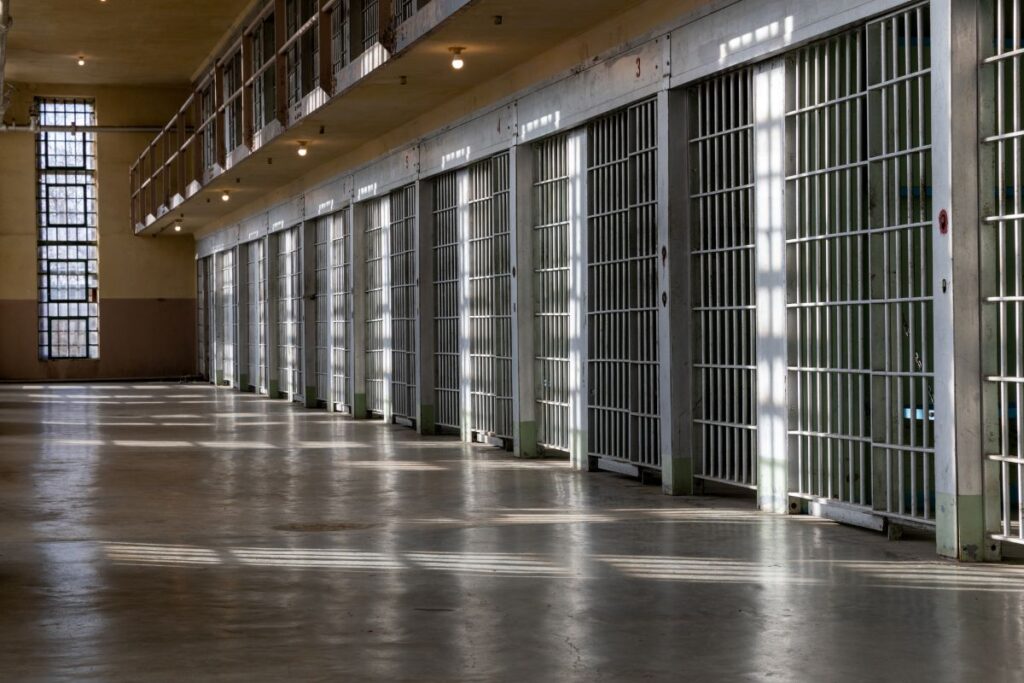Vera2, Courts and Justice
Lyle Menendez Denied Parole in Parents Murder Case
Lyle Menendez Denied Parole in Parents’ Murder Case
Lyle Menendez’s recent parole hearing focused on his prison violations and the infamous 1989 killings of his parents.
Parole Hearing Overview — Lyle Menendez
Lyle Menendez, alongside his brother Erik, was denied parole following a lengthy hearing that lasted over ten hours. The hearing scrutinized Menendez’s conduct in prison and revisited the notorious 1989 murders of their parents in Beverly Hills. This case has remained a focal point of public interest for decades, largely due to its sensational nature and the subsequent trials that captivated the nation. Read more.
The parole board assessed various factors during the hearing, including Lyle’s behavior while incarcerated. Reports indicate that the board was particularly concerned about his history of violations, which included disciplinary issues that raised questions about his rehabilitation. The Menendez brothers were convicted in 1996 for the murders of their parents, Jose and Mary Menendez, a case that drew extensive media coverage and public scrutiny.
Legal and Social Implications
The decision to deny parole reflects ongoing concerns regarding Menendez’s behavior while incarcerated. The parole board’s assessment considered not only the gravity of the original crime but also his conduct during imprisonment. The Menendez brothers’ case has sparked widespread debate about justice, rehabilitation, and the complexities surrounding high-profile criminal cases.
Public opinion on the Menendez brothers has evolved over the years. Initially, many viewed them as cold-blooded killers; however, as more details about their upbringing and the circumstances surrounding the murders emerged, some began to see them as victims of their environment. This shift in perception has fueled discussions about the impact of childhood trauma on behavior and the justice system’s handling of such cases.
During the hearing, the parole board revisited the details of the murders, which involved the brutal shooting of their parents in their home. The brothers claimed they acted in self-defense, alleging years of abuse at the hands of their father. This narrative has been a significant part of their defense and has influenced public sentiment. However, the board ultimately decided that the severity of the crime outweighed any mitigating factors presented.
Media Coverage and Public Interest
The Menendez case has been a staple of American media since the late 1980s, with numerous documentaries, books, and television adaptations exploring the events and their aftermath. The sensational nature of the case, combined with the brothers’ dramatic courtroom appearances, has kept it in the public eye for decades. The media portrayal of the Menendez brothers has varied, with some outlets emphasizing their troubled childhood and others focusing on the gruesome details of the murders.
In recent years, there has been a resurgence of interest in the case, particularly with the rise of true crime media. This renewed focus has led to further examination of the legal proceedings and the psychological aspects of the brothers’ actions. Critics argue that the media has played a significant role in shaping public perception, often sensationalizing aspects of the case while downplaying the complexities involved.
What’s Next for Lyle Menendez?
Following the denial of parole, Lyle Menendez remains incarcerated, facing the possibility of future hearings. The parole board’s decision does not preclude him from applying for parole again, but it does indicate that significant changes in behavior and rehabilitation will be necessary for any future consideration. The board’s emphasis on his prison conduct suggests that without demonstrable progress, the path to parole may remain challenging.
The Menendez brothers’ case continues to serve as a lens through which issues of justice, mental health, and the impact of childhood trauma are examined. As discussions surrounding these topics evolve, the implications of their case may influence future legal standards and societal attitudes toward similar cases. The ongoing interest in their story reflects broader societal questions about accountability, redemption, and the complexities of human behavior.
In conclusion, the recent parole hearing for Lyle Menendez has reaffirmed the complexities surrounding his case and the broader implications for justice and rehabilitation. As the public continues to engage with the narrative of the Menendez brothers, the conversation about their actions and the justice system remains as relevant as ever.
Further Reading
Connect with the Author
Curious about the inspiration behind The Unmaking of America or want to follow the latest news and insights from J.T. Mercer? Dive deeper and stay connected through the links below:
-
About the Author
Discover more about J.T. Mercer’s background, writing journey, and the real-world events that inspired The Unmaking of America. Learn what drives the storytelling and how this trilogy came to life. -
NRP Dispatch Blog
Stay informed with the NRP Dispatch blog, where you’ll find author updates, behind-the-scenes commentary, and thought-provoking articles on current events, democracy, and the writing process.
Whether you’re interested in the creative process, want to engage with fellow readers, or simply want the latest updates, these resources are the best way to stay in touch with the world of The Unmaking of America and beyond.
Free Chapter
Begin reading The Unmaking of America today and experience a story that asks: What remains when the rules are gone, and who will stand up when it matters most? Join the Fall of America mailing list below to receive the first chapter of The Unmaking of America for free and stay connected for updates, bonus material, and author news.

